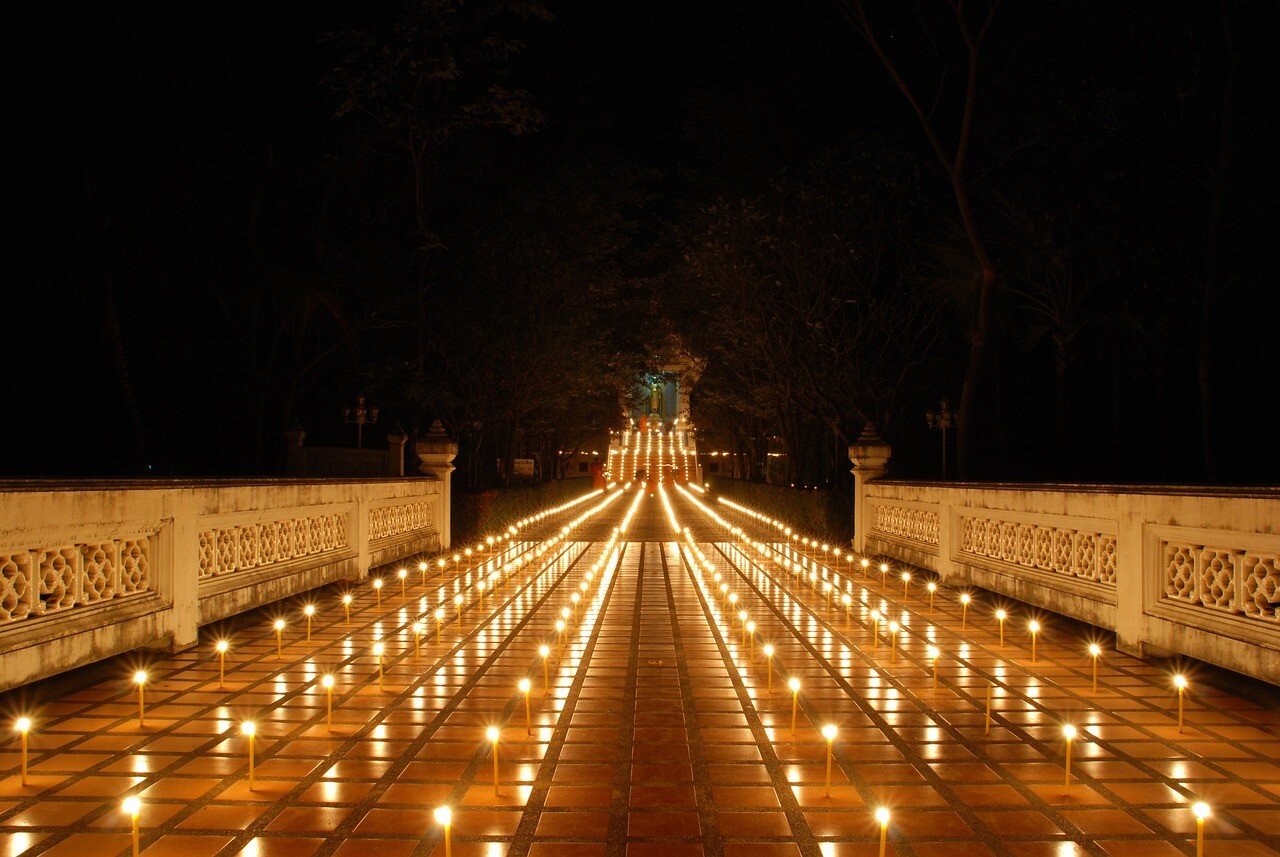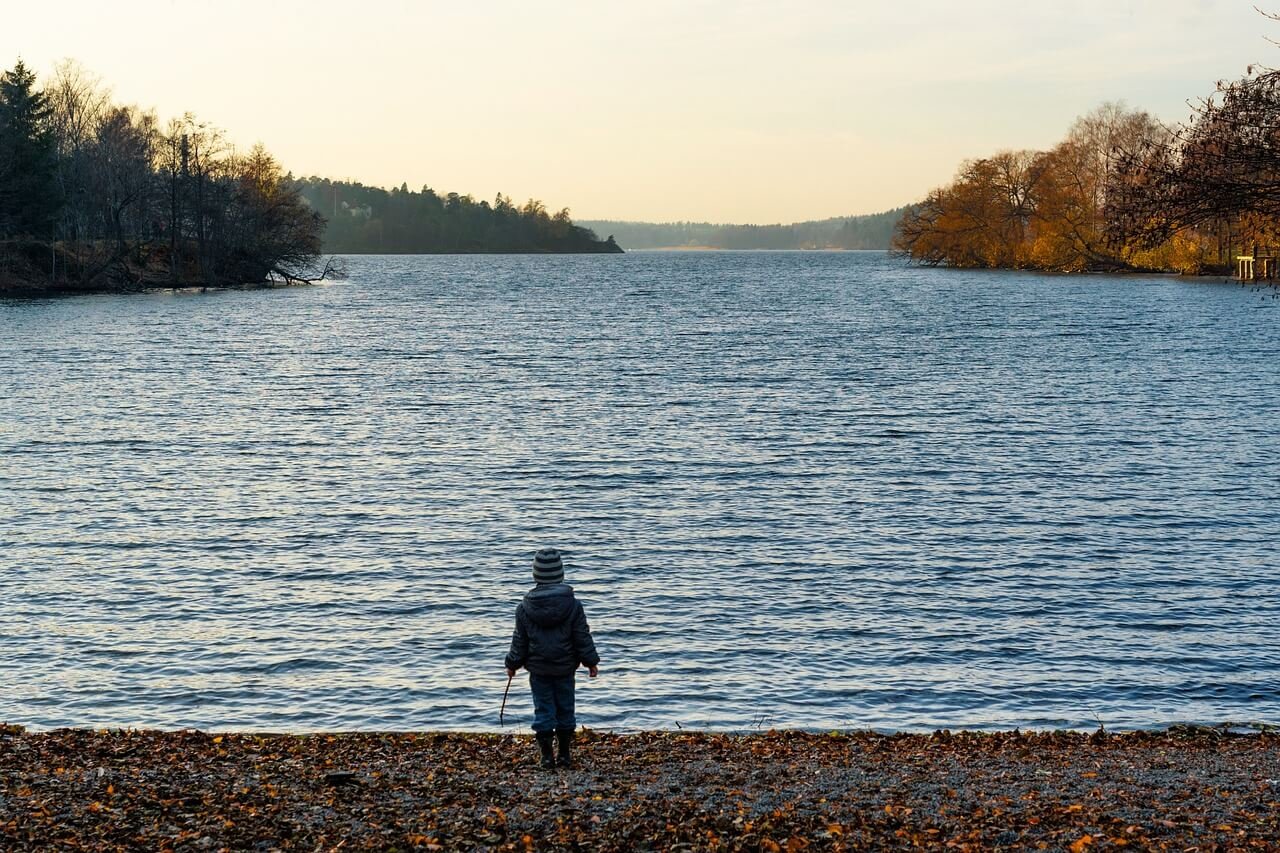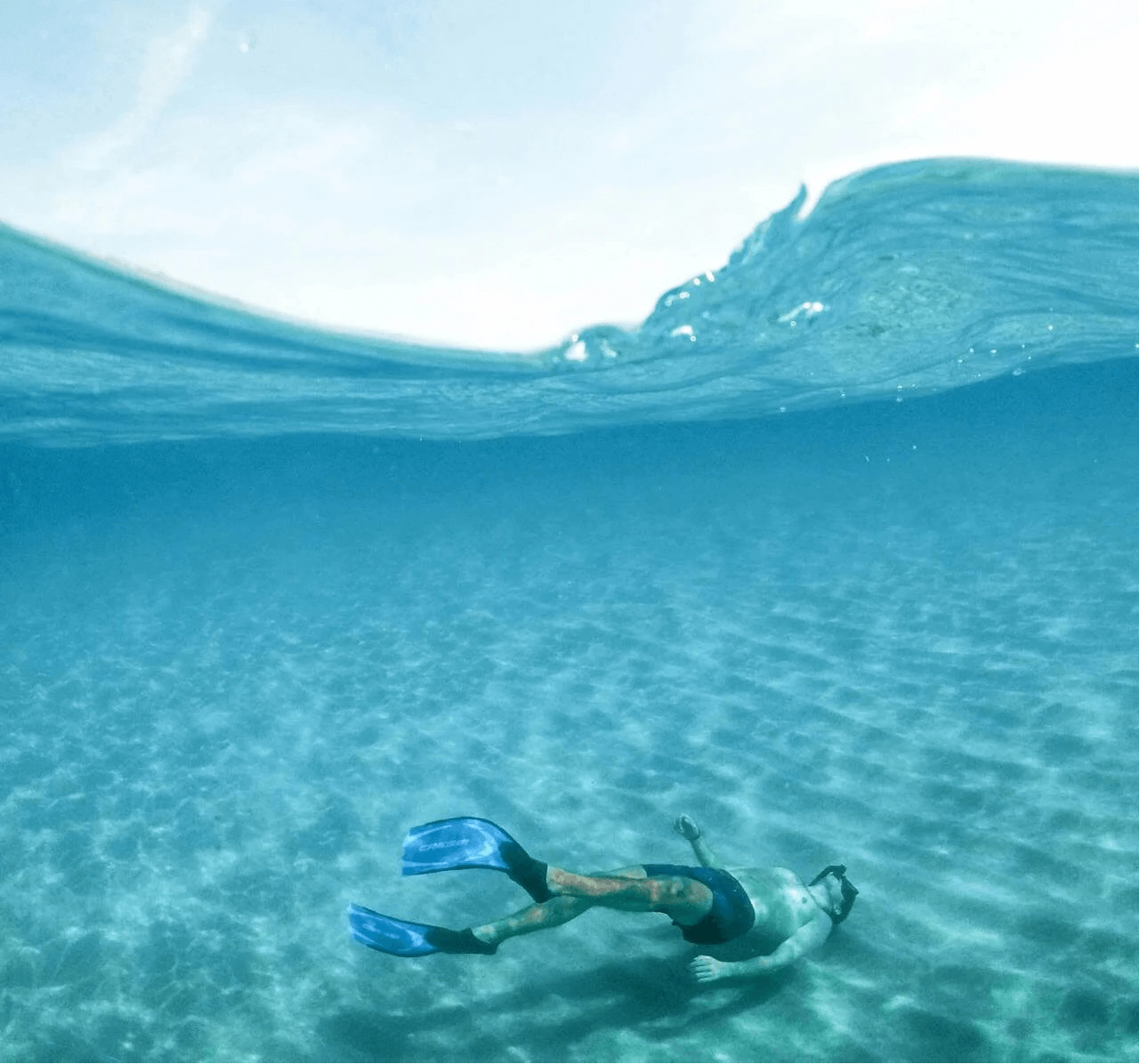The beginning of Still Tyger was a moment Zeke and I dreamed out together. It would be a project to create something meaningful and useful for us and share with whomever. It would pull us into closer connection with the world even as the world is pushing further into disconnection. We imagined people shared our confusion and curiosity about life and we aspired to help others feel seen and less alone. As we brainstormed a topic to write about, we viewed personal identity as a space riddled with confusion for spiritual and non-spiritual folks alike. Identity takes many shapes and forms. It can change over time for some or stay unchanged for others. We hypothesized that our identity ultimately guides our path in life. As an example, I have identified as a Christian for most of my life, and thus, the questions I personally wrestle with are steeped in my experience of “being a Christian”.
My successes and failures inherently measure up against a model of being a “Christian person”. Relating to this identity is a full-time job, and that job takes a toll on me. It is stressful being concerned about other people’s perception of me. I find myself worrying that I said the wrong thing in a past conversation, or that I handled a recent situation the wrong way: unChrist-like. Perhaps we all deal with this sort of anxiety, the kind of anxiety born from not measuring up to who we think we are supposed to be. It can feel like a hostile environment we curate inside ourselves, an environment of conflict – peaceless.
Our imagination and memory serve our perceived identity. It’s the same as a basketball player obsessing over their jump shot because they believe they’re the best player in their league, or a golfer worried about their 6-iron shot because they gloat their golf game is “consistent”, or perhaps a gardener imagining they grow the purest vegetables, thus, they see every tiny blade of grass sprouting in their raised bed. Our identity becomes our focus. My own anxiety about who I am brought a question out of me: Is it possible to see myself as larger than a Christian?
I’ve been grappling with this question going into week 2 of Advent season. Thoughts about peace feel intertwined with ideas about personal identity. The theme of peace brings questions and hopes to mind: Is peace even achievable? If it is, how does it really work? Does it start with internal transformation and move externally? If it isn’t achievable, what do we need to be striving for instead? I think of humans that have experienced inner chaos and the damage it perpetuates in their lives (I am in this boat). I think of my sister’s friend who died in a recent car wreck and left his two daughters behind – how do they find peace from such a tragedy? The world is a lot, and believing that peace is possible in this world feels overwhelming when evidence easily points to the contrary. I wonder what it must have felt like for the Israelites, waiting in hope, want, and need, for a promised Messiah. A Messiah that would bring peace to their world and free them from Roman rule, liberating them from the oppression of the empire. The Messiah would be their new king. But, the struggling Israelites encountered a version of peace they had not considered. The king they hoped for was not the king they received. Jesus would not overthrow the government and give them safety and higher social status, but would instead be sentenced to death (by the Pharisees of all people). Life would continue to life for them.
Their story is a valuable one to reflect on as we wait in hope, want, and need of Christmas. Can we imagine a world of peace? Are we willing to try something new to achieve more abundant peace in the world, in our community, in our families? Can we imagine ourselves as larger than our current identity?




Leave a Reply